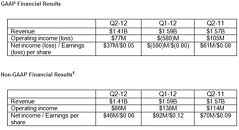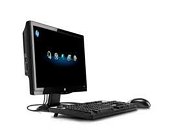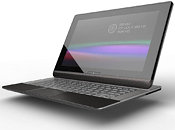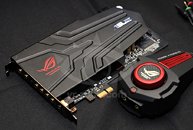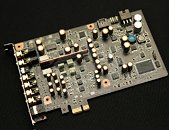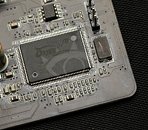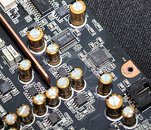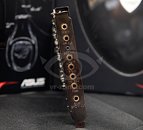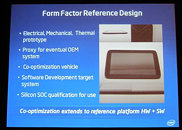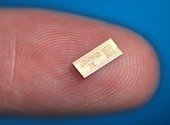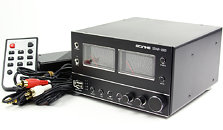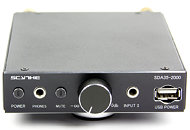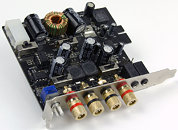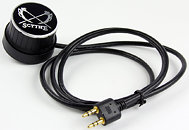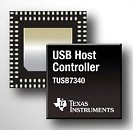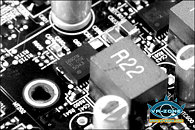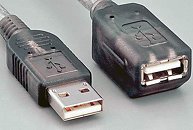
AMD Reports Second Quarter Results
AMD (NYSE:AMD) today announced revenue for the second quarter of 2012 of $1.41 billion, net income of $37 million, or $0.05 per share, and operating income of $77 million. The company reported non-GAAP net income of $46 million, or $0.06 per share, and non-GAAP operating income of $86 million.
"Overall weakness in the global economy, softer consumer spending and lower channel demand for our desktop processors in China and Europe made the closing weeks of the quarter challenging," said Rory Read, AMD president and CEO. "We are taking definitive steps to improve our performance and correct the issues within our control as we expect headwinds will continue in the third quarter as the industry sets a new baseline. We remain optimistic about our core businesses as well as future opportunities with our competitively differentiated next-generation Accelerated Processor Units (APUs). Our recently launched Trinity APU continues to gain traction with customers. We are committed to driving profitable growth."
"Overall weakness in the global economy, softer consumer spending and lower channel demand for our desktop processors in China and Europe made the closing weeks of the quarter challenging," said Rory Read, AMD president and CEO. "We are taking definitive steps to improve our performance and correct the issues within our control as we expect headwinds will continue in the third quarter as the industry sets a new baseline. We remain optimistic about our core businesses as well as future opportunities with our competitively differentiated next-generation Accelerated Processor Units (APUs). Our recently launched Trinity APU continues to gain traction with customers. We are committed to driving profitable growth."
